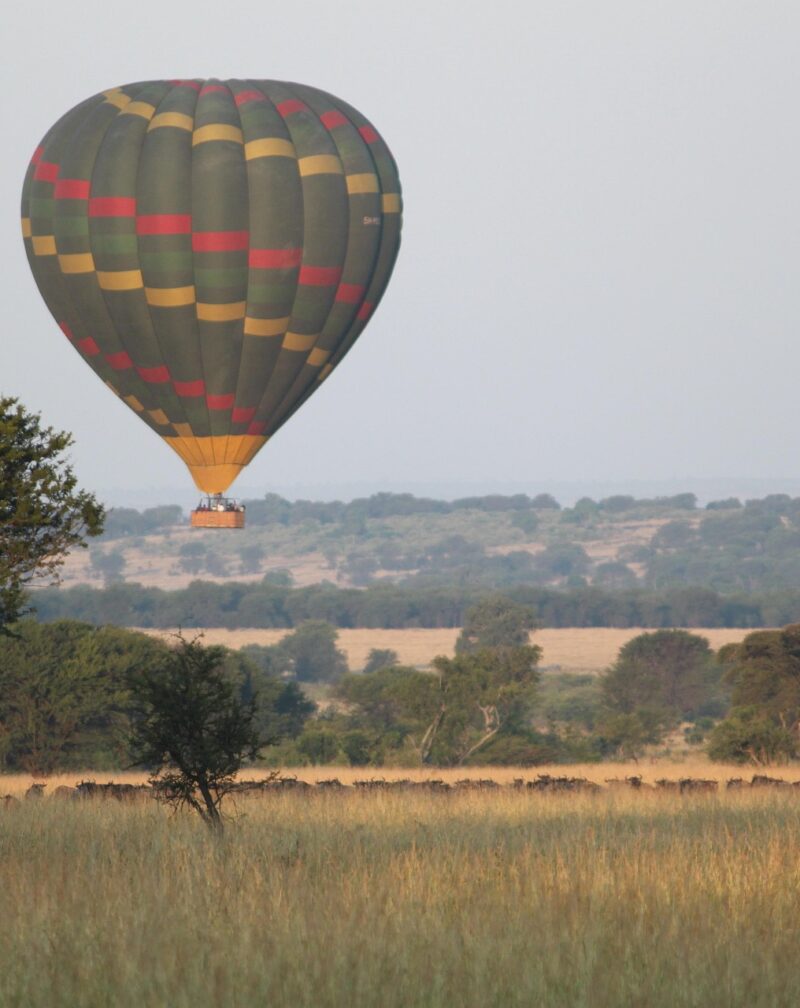While a safari in Tanzania offers the spectacle of wildlife, a visit to a local village provides an equally powerful experience: a window into the rich, living cultures that have shaped this land for centuries. Beyond the well-trodden paths of the national parks lie the homes of the Maasai and the Hadzabe, two of Tanzania’s most fascinating and culturally significant tribes. A respectful and authentic cultural encounter with these communities is a transformative journey that goes far beyond a simple tourist stop.
The Maasai: Guardians of the Savannah
The Maasai are one of the most well-known and captivating tribes in East Africa, instantly recognizable by their vibrant red shukas (robes) and intricate beadwork. As a semi-nomadic pastoralist people, their lives revolve around their cattle, which are a source of food, wealth, and cultural identity.
What to Expect:
- Village Visit (Manyatta): You’ll be welcomed into a traditional homestead, or manyatta, a cluster of huts built from mud, cow dung, and grass. This is an opportunity to see daily life up close, from the construction of homes by the women to the herding of cattle by the men.
- Traditional Dances and Ceremonies: Be prepared for a lively and energetic welcome. The Maasai are famous for their adumu or “jumping dance,” a captivating display of strength and rhythm performed by warriors. You might even be invited to join in.
- Beadwork and Crafts: The Maasai are renowned for their stunning beadwork. Each color and pattern has a specific meaning, symbolizing social status, age, and marital status. Women in the village often have crafts for sale, offering a perfect way to support the community directly.
- Learning from Warriors and Elders: Your guide, often a Maasai person from the community, will share stories about their history, rites of passage, and the vital role of the warrior (moran) in their society.
The Hadzabe: The Last Hunter-Gatherers
A visit to the Hadzabe tribe near Lake Eyasi offers a truly unique and humbling experience. The Hadzabe are one of the last remaining hunter-gatherer tribes in the world, living a subsistence lifestyle that has remained largely unchanged for thousands of years.
What to Expect:
- A Morning Hunt: The experience often begins early in the morning, as you join the Hadzabe men on a hunting and foraging trip. You’ll witness their incredible skill with bows and poisoned arrows, as they track and hunt wild animals. This is not a performance; it is a genuine glimpse into their daily survival.
- Foraging with Women: The Hadzabe women are expert foragers. You can join them as they gather wild fruits, berries, and tubers, learning about the local flora and how it sustains their community.
- Fire-Making and Bush Skills: The Hadzabe will demonstrate their ancient survival skills, including how to make fire by rubbing sticks together—a feat of patience and expertise.
- Deep Connection to Nature: Their way of life offers a profound lesson in living in harmony with the natural world. The Hadzabe’s knowledge of the land, animals, and plants is nothing short of encyclopedic.
The Ethics of Cultural Tourism
Engaging in cultural encounters is a privilege, and it’s essential to do so with respect and awareness. To ensure your visit is a positive and ethical experience for both you and the community, consider the following:
- Go with a Reputable and Responsible Tour Operator: Choose a company that partners directly with the communities and ensures that a fair portion of your fee goes back to the village. Avoid tours that feel rushed, scripted, or exploitative.
- Ask for Permission: Always ask for permission before taking photos, especially of individuals. A simple gesture or phrase goes a long way.
- Dress Modestly: Be mindful of local customs and dress appropriately, covering your shoulders and knees.
- Engage with an Open Heart: Remember that you are a guest in their home. Listen more than you speak, be genuinely curious, and approach the experience with humility. The goal is a respectful exchange, not a transactional one.
By choosing to visit these communities with an ethical mindset, you’re not just seeing a different way of life; you’re helping to preserve it. You’re supporting cultural pride, local economies, and an authentic way of life that is so vital to the rich tapestry of Tanzania.




